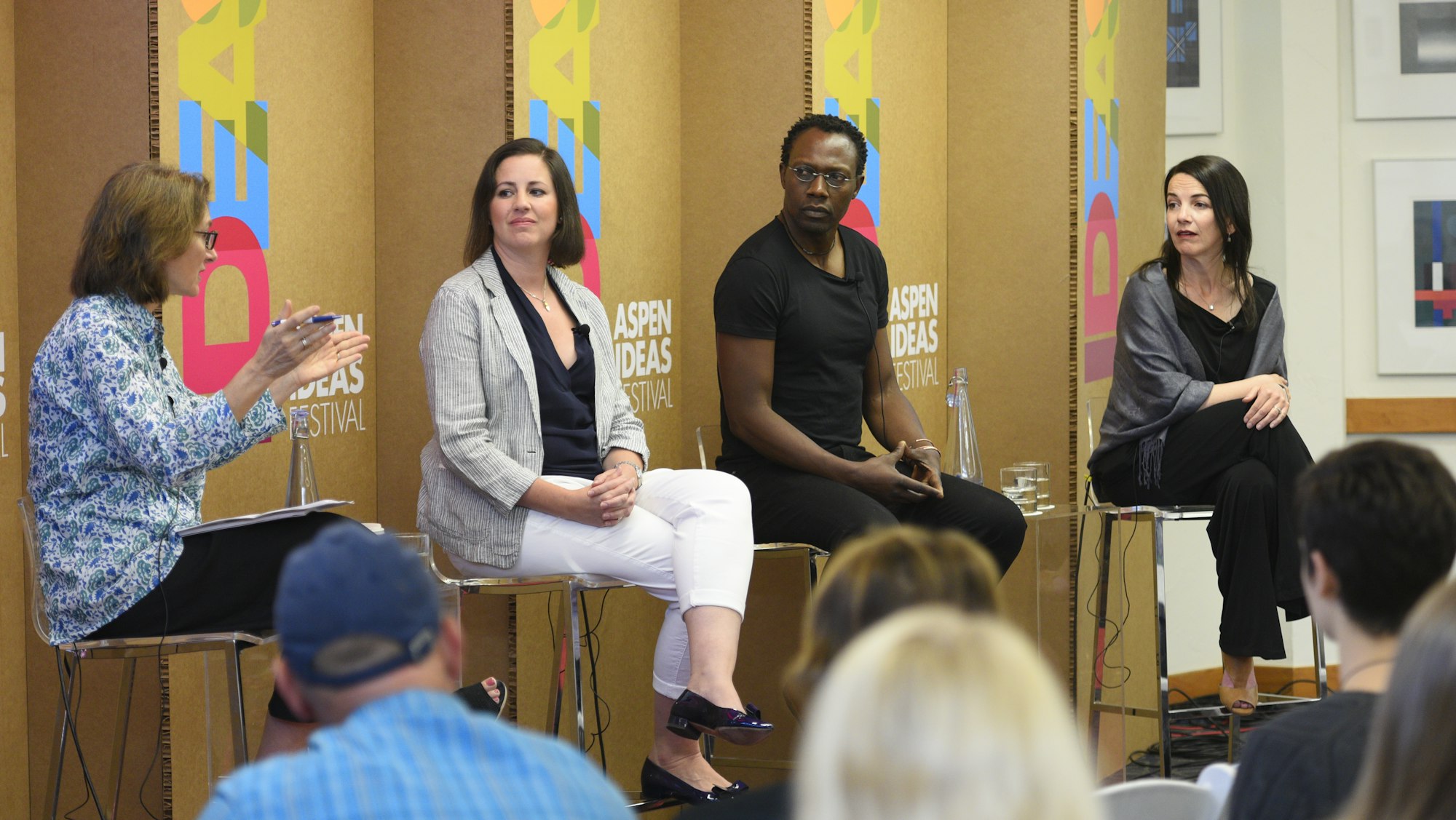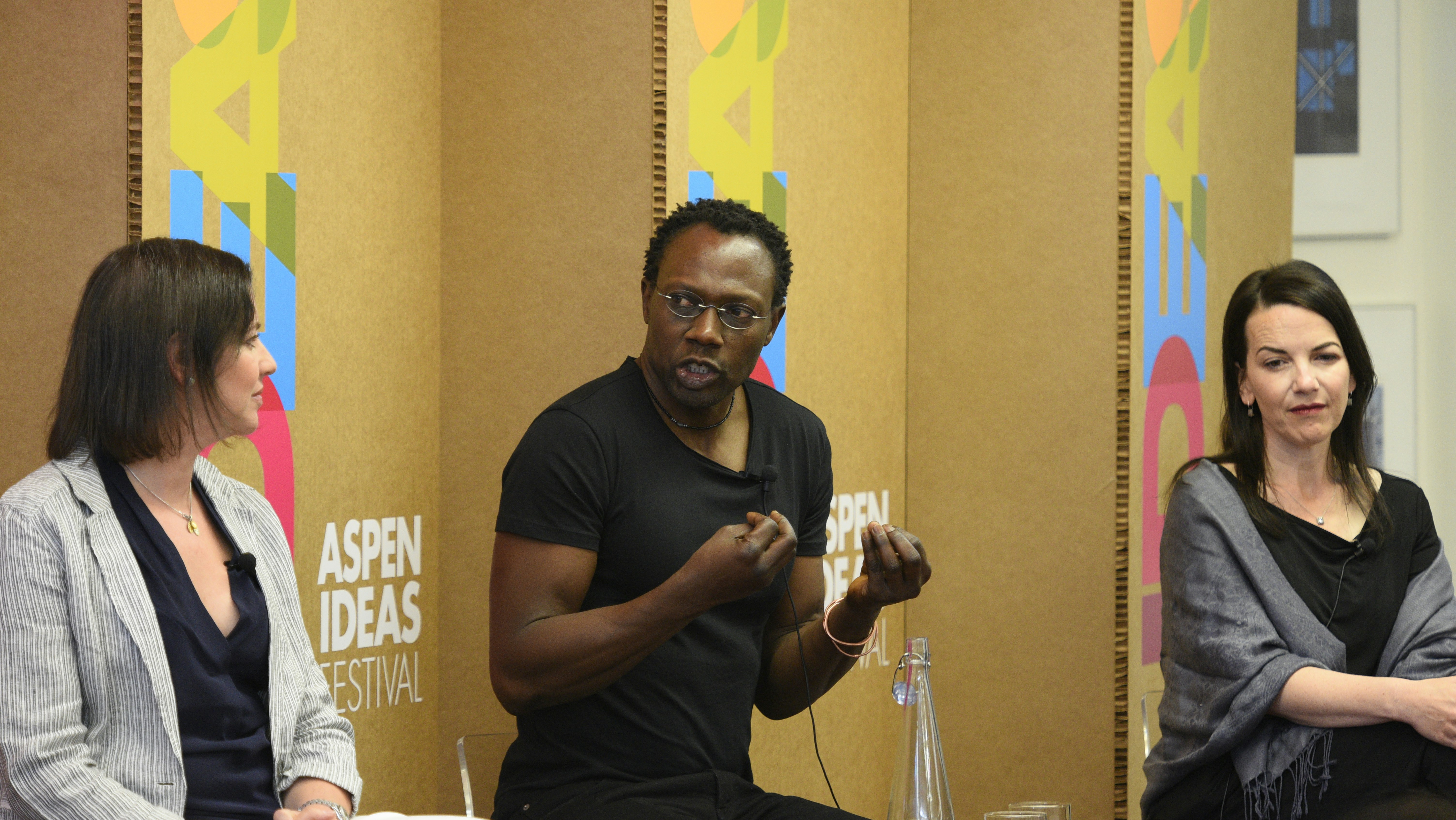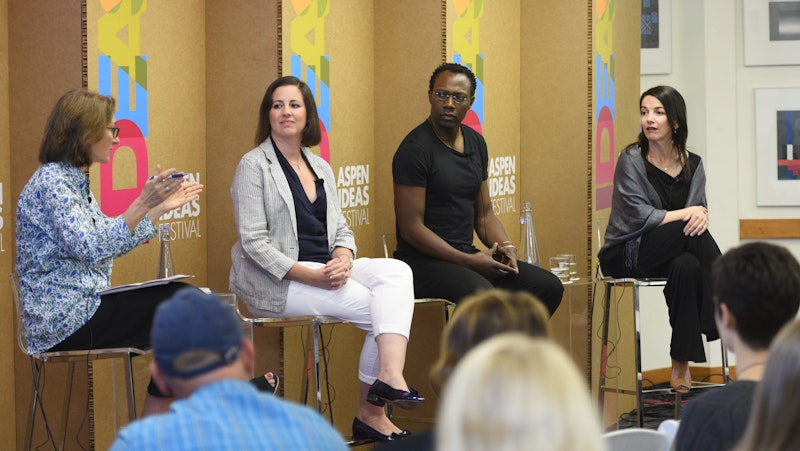
The Epidemic of Loneliness
Setup
The crisis of loneliness poses as grave a threat to public health as obesity or substance abuse. It cuts across generations and reaches around the world. Katie Hafner calls it “a quiet devastation” and the poet Emily Dickenson writes that it is “the horror not to be surveyed.” Millions of people live with sparse human contact and research tells us that lonely people are more likely to become ill, experience cognitive decline, and die early.
Being socially connected, on the other hand — as reflected by the size of our social networks, the extent to which we are involved with others, the quality of our relationships, and our perception that support is available when we need it — are all associated with longevity. A geriatrician, a psychiatrist, a neuroscientist, and a journalist look at the social and biological consequences of loneliness and consider what we can do.
- 2017 Health
- Health
- Full transcript
Portraits of loneliness
Loneliness is the 81-year-old woman who celebrated her birthday alone — after speaking with no one for more than a week before that. It is the woman who turned down a telehealth service that would have provided a virtual house call with a physician, because the doctor’s monthly home visit was her only human contact.
Although especially common in the elderly, loneliness can affect people across the age spectrum, and both men and women are equally prone to it.
About one-third of US adults age 45 and older report feeling lonely. While the findings that 35 percent of midlife and older adults are lonely is unchanged from 2010, the population of lonely people over age 45 has grown by 5 million, from 42.6 million to 47.8 million, in the past eight years. (source: AARP)
Loneliness is a medical danger
Geriatrician Carla Perissinotto was one of the first to publish in the medical literature about the health threats associated with loneliness. She followed 1,600 people out of a national Health and Retirement Study, over six years to see whether loneliness poses a risk to independence and mortality. It does: Feeling lonely results in a 60 percent increased risk of functional decline and a 45 percent greater risk of death.
Big IdeaLoneliness is an aversive signal, much like thirst, hunger or pain.John Cacioppo, University of Chicago psychologist
We don't like to acknowledge loneliness
A stigma surrounds talking about loneliness, and it is intensified by ageism. “We want to ignore older people,” says Perissinotto. “We don’t want to talk about what it looks to not age successfully. We only want to hear about healthy aging.”
Dixon Chibanda says we should acknowledge the emotional discomfort of loneliness.
Big IdeaWhen you say hello to somebody, you don’t expect them to say, ‘I’m lonely’ or I’m isolated.’ I think that’s where the problem begins. We are not comfortable with statements that are emotionally loaded. The key problem is how do you undo that? How do you all become comfortable with that which is uncomfortable? As human beings, we naturally want that which is comfortable. As we interact on a daily basis, I think it is all about finding that equilibrium.Dixon Chibanda
Does social media and other tech drive loneliness, or help to cure it?
We’re not yet sure of the impact of technology on loneliness and social isolation. Holt-Lunstad reports a significant increase in the number of people who say they are lonely at the same time that social media became more popular, but we don’t yet know what is cause and what is effect.
Technology can be a valuable tool for making connections, but it offers no guarantee that it will relieve loneliness. “The power of human contact can not be underestimated,” Chibanda says.
Who Knew?
What can we do about the epidemic of loneliness?
Audience members and panelists describe many strategies and programs to tackle loneliness, among them public spaces designed to give people places to go, intergenerational living arrangements, and peer-based programs.
The Friendship Bench project in Zimbabwe is a mental health intervention that makes use of “community grandmothers” while “cuddle lounges” in the United Kingdom offer the benefit of physical touch. In Australia, “men’s sheds” allow men to work comfortably together “shoulder to shoulder” on woodworking projects.
Learn More
Additional Information
Resources
Researchers confront an epidemic of loneliness
An article by Katie Hafner in The New York Times
Loneliness in older persons a predictor of functional decline and death
An article by Carla M. Perissonotto in the Archives of Internal Medicine
The Friendship Bench
The Friendship Bench uses problem-solving therapy delivered by trained lay health workers.
One in Three Seniors Is Lonely. Here's How It's Hurting Their Health
A 2019 TIME Magazine article written by Jamie Ducharme.
Explore More
Health


The rapid development of the Covid-19 vaccine and the ramp-up of manufacturing and global distribution were unprecedented feats of medical coordination. But those on the insid...

Since 2014, Aspen Ideas: Health has welcomed nearly 800 inspiring women leaders to our stages to share their bold approaches to better health. In honor of Women's History Mont...

Our attitudes, habits, pleasures, and responsibilities shift across the generations, influencing the health challenges we face and how we respond to them. Expectations about h...

Setting audacious goals helps to redefine what is achievable in health, medicine, and science. As we deepen understanding of the human genome, unravel the mysteries of the bra...

As we wrap-up another year of elevating big ideas at Aspen Ideas: Health, we're excited to share the 15 most-watched sessions from the event. These conversations with inspirin...
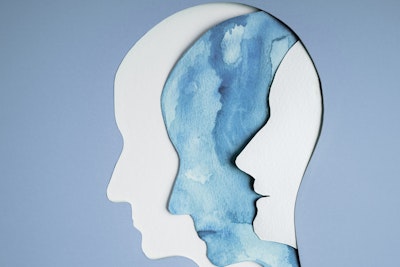
In America, millions of people struggle with mental health including depression, anxiety, and more — all further exacerbated by living through a pandemic. The National Allianc...

The United States spends $4.3 trillion—almost one fifth of the nation’s GDP—on health care. As the scale of the medical enterprise expands, venture capitalists are pursuing th...

Today's kids are coming of age against a backdrop of political, social, technological and economic upheaval. While these circumstances are shaping a precocious generation that...

Advocates, healthcare providers, legislators, researchers, and venture capitalists are bringing the unique health needs of women to light – from vigorous policy debates on iss...

From the debate over reproductive rights to the epidemic of gun violence to the youth mental health crisis, this year's Aspen Ideas: Health sessions tackled many of today's mo...
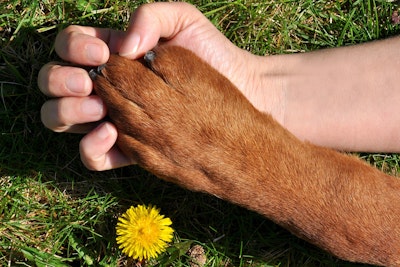
The recognition that all things are connected is at once a scientific principle and a philosophical touchstone. Humans, animals, and the environment are intertwined in complex...
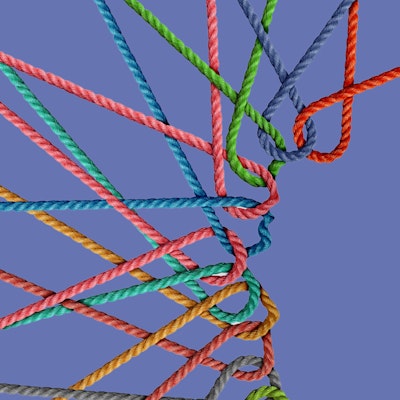
Our need for human connection is profound and deep. Yet, today, one in two adults are living with measurable levels of loneliness – and the numbers are even higher among young...

Artificial intelligence is revolutionizing health care by improving patient navigation, telehealth and the speed of drug development. From enhancing patient and provider exper...
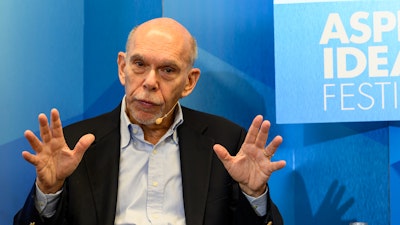
Brain-computer interfaces show potential to restore function to people impacted by incurable neurological conditions such as stroke, spinal cord injury, traumatic brain injury...

Neurodivergent people make up 15% to 20% of the global population, and visionaries are busy trying to foster welcoming environments in areas like adaptive sports, fashion des...
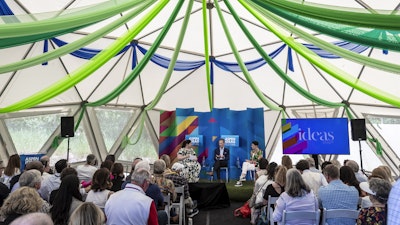
Across the globe, humans are living and working longer than ever — and today’s systems, governments and businesses aren’t prepared. Examine how we can reimagine work, wealth a...

Given what we learned from the global turbulence from COVID-19, are we any more prepared for the next pandemic? Author and journalist Michael Lewis and Adar Poonawalla, CEO of...

Few people are more deeply steeped in science than Francis Collins, former director of the National Institutes of Health and the groundbreaking Human Genome Project, and forme...

Climate change is a threat multiplier with a disproportionate impact on vulnerable populations. Girls and women, who are denied equitable access to education and economic oppo...

Featuring inspiring conversations, the closing session is not to be missed. First, U.S. Surgeon General Vivek Murthy and Jennifer Ashton of ABC News explore the loneliness epi...


